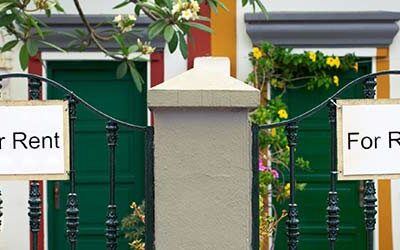
Debt. It’s something almost everyone will have at some point in their life. But what happens when your debt begins to get the better of you? What options are available? Some simple strategies can help you get your debt out of a seemingly unmanageable situation; it’s just a matter of choosing the right one for you.
One common debt issue is having multiple credit cards but feeling like you’re getting nowhere in paying them off, even when you’re making payments larger than the minimum. People tend to get caught up in making sure they pay all their cards off at the same rate, regardless of balance owing or interest rate. The solution is to prioritize your debt.
Select the card you want to pay off first and focus your efforts on it. Keep making the minimum payments on your other cards; you don’t want to damage your credit rating by having late or delinquent payments reported on your credit history. For example, if you have three credit cards and are paying a sum over the minimum payment on all of them, take the extra amount you’re paying on the other two, and focus on the one you want to eliminate first. This should be the one with the highest interest rate. Once it’s paid off, refocus on the next, including the amount you’d been paying on the now paid off card. Doing this will feel slow at first, but will give you a feeling of accomplishment as you pay off each debt.
Another option is to sit down with your bank or credit card provider and discuss lower interest options. If your rating is still healthy, most banks will switch between different credit cards, such asmoving from a cashback card to a lower interest card. Others will lower your interest rate. Keep in mind, if you don’t ask, the answer is automatically ‘no’.
You can also look at a debt consolidation loan with an experienced Mortgage Professional. A well-planned mortgage can help you turn those bad debts into good debts and get them out of the way by taking advantage of refinancing some of the equity in your mortgage to reduce your credit card debt.
Your last option is to declare bankruptcy or to complete a consumer proposal. A consumer proposal will allow you to retain more assets than a bankruptcy, but both will effectively destroy your credit rating. If this happens, you will not be able to apply for credit from anyone but a high risk, high interest lender until seven years from the completion of the consumer proposal or discharge of the bankruptcy.
When dealing with debt there are several solutions. The key is to recognize when your debt is becoming a problem and take action. The longer you wait to deal with the problem, the fewer options you will have available to you. If in doubt, speak to an advisor. A meeting will cost you nothing but time, and could provide you with some direction as to what is the best option for you.
Your solution could potentially be a combination of all of these strategies. Sitting down with an advisor will help you determine whether a prioritized payment strategy, restructure of debt, consolidation, or a mix of the three are going to be the best fit for you. Most importantly, you must act before you get to the point where Bankruptcy becomes your only option.
Related Articles
Take Advantage of Low Interest Rates – Refinance Your Mortgage Today!
Borrowers are loving the current record low interest rates, and homeowners stand to benefit even more.If you bought your home more than a few years ago, you could probably benefit from a refinance at today's low interest rates. With interest rates this low, you owe it...
Why You Need an Emergency Fund And How to Get One
Building an emergency fund is something most people know they should do but few actually get around to doing. A recent study found that nearly two-thirds of Americans did not have an emergency fund, and more than half would have trouble coming up with $1,000 on short...
The Benefits of Investing in Income Producing Properties
Making money in any real estate venture is a difficult task, and many people don't have the skills (or the stomach) for flipping houses. An alternative to this intrinsically risky activity is to purchase a property for the long term and rent it out. These types of...



